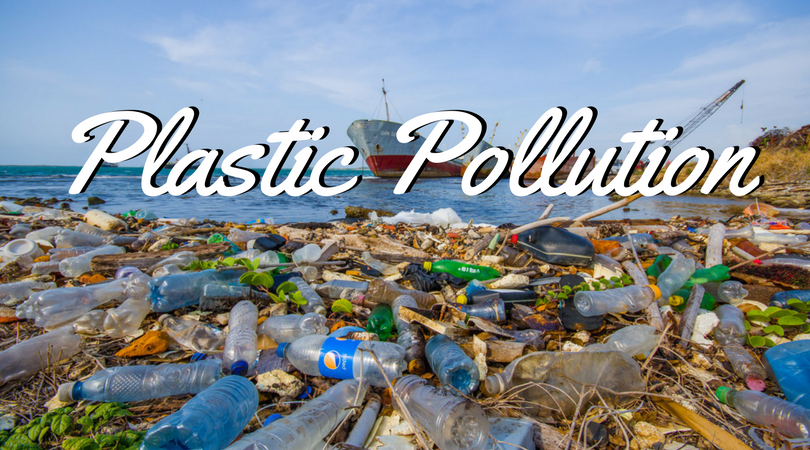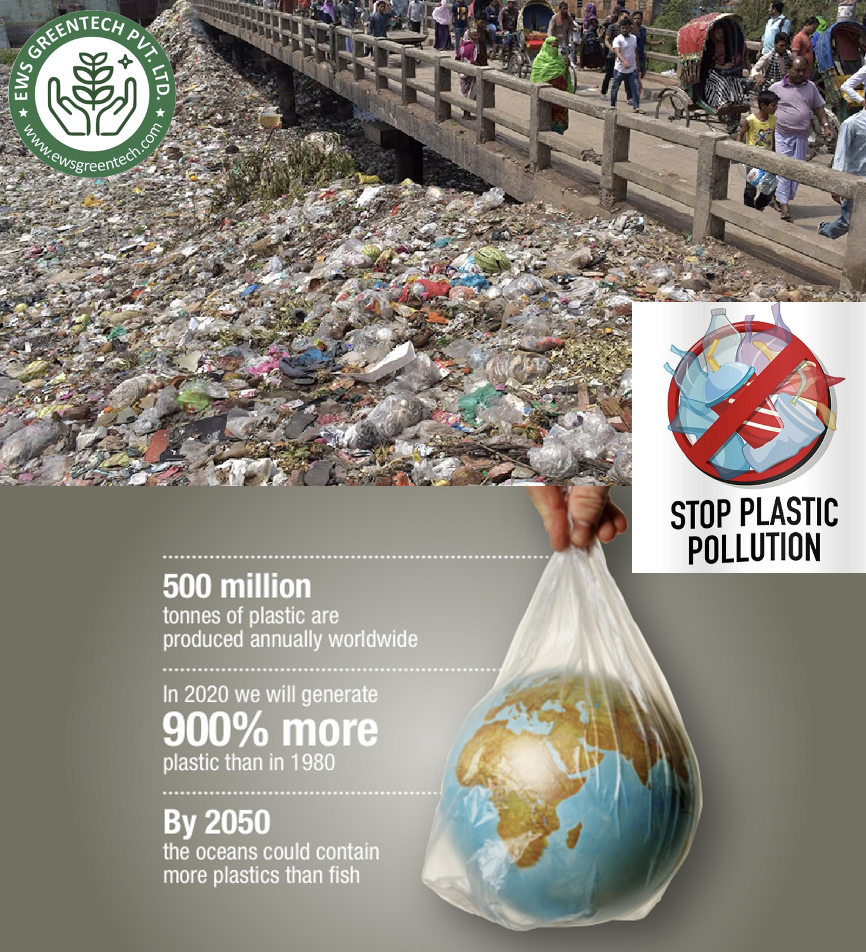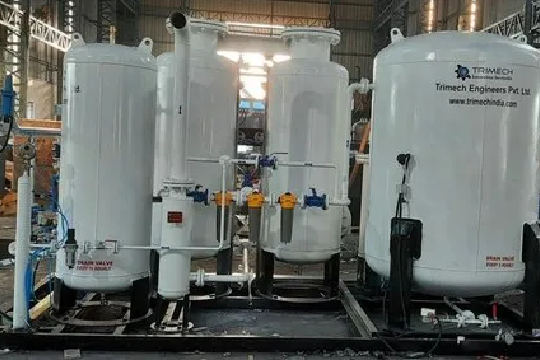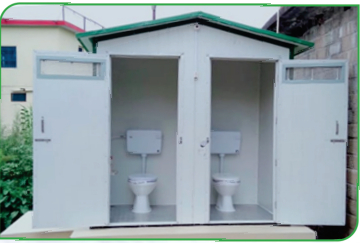Swachh Bharat 2.0 will tackle plastic menace on war footing
The Modi government will reposition its flagship sanitation programme, Swachh Bharat, to tackle the menace of plastic waste, according to a strategy document reviewed by Hindustan Times that will steer the next phase of the mission expected to run until 2029.
The key objective of the Swachh Bharat Mission so far has been to achieve an open-defecation free (ODF) country by October 2, 2019, with a toilet for every household.
Apart from its focus on sanitation, the Swachh Bharat Mission will now be geared towards recycling and managing waste, including so-called single-use plastic. The government will deploy the same set of strategies adopted for the ODF drive, an official familiar with the plan said on condition of anonymity. PM Narendra Modi on August 15 called for ending the use of single-use plastic in three years.
For now, the government has decided against a blanket ban on single-use plastic items. Rather, under Swachh Bharat, every village panchayat and local bodies will have access to solid and liquid waste management facilities, just like toilets.
The government relied on a high-octane public campaign, aimed at behavioural change, and hired ground-level “motivators” as a way of targeting open defecation. A similar ground-up approach to recycle and segregate waste, such as organic matter and used plastics, will be part of Swachh Bharat’s renewed goals.
Indore, declared India’s cleanest city under Swachh Bharat rankings, will serve as a model for urban waste management, while Tamil Nadu’s village-level waste recycling model could be replicated elsewhere for rural India. The strategy has been prepared by the department of sanitation under the Jal Shakti Ministry, which oversees the Swachh Bharat Mission, after consulting state governments and various stakeholders.
On Wednesday, addressing a landmark event in Ahmedabad, Modi said that rural India has declared itself open-defecation free, fulfilling the core objective of Swachh Bharat mission he launched on October 2, 2014. According to data from the World Bank, in 2015, 44% of Indians defecated in the open, a majority of them in the countryside.
The new Swachh Bharat strategy lays down a framework to guide “local governments, policymakers, implementers and other relevant stakeholders” in implementing what is now being called ODF Plus.
It also focuses on, apart from the sanitation, the management of three categories of waste: plastic waste, organic, greywater management and black water waste. Organic waste refers to any bio-origin leftover matter, while black-water waste, in the context of sanitation, refers to faecal sludge. Greywater refers to wastewater from other household use.
In Tamil Nadu, gram panchayats have installed waste segregation units in each village. Some of them use funds from the National Rural Employment Guarantee Scheme, apart from other state funds, to run these waste management systems, a second official said.
The facilities are managed by private contractors, who are paid a fee by panchayats to collect, segregate and redirect waste to designated recyclers.
For sanitation, the government went on a toilet-construction spree across the country, building 100 million of them in the countryside, covering over 500,000 villages. A sanitation survey monitored by the World Bank found that 90.4% of villages were now open-defecation free and 93.1% of rural households had access to toilets.
Experts say building toilets hasn’t eliminated open defecation entirely. According to a study published this year by a team of demographers led by Dianne Coffer, a visiting researcher at the Indian Statistical Institute, nearly 23% of people provided with toilets in north India still defecated in the open.
Environment experts say waste management and awareness were the keys to curbing plastic use, but India must ban at least a few types of single-use plastics. “There is no alternative to banning certain single-use plastic which has zero recyclability. Relying only on recycling can’t solve the problem,” said Dinesh Raj Bandella of the Centre for Science and Environment.
Ref: https://www.hindustantimes.com/




 WhatsApp
WhatsApp